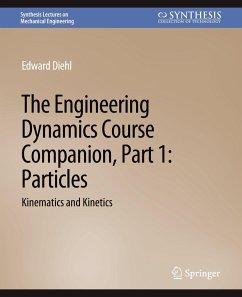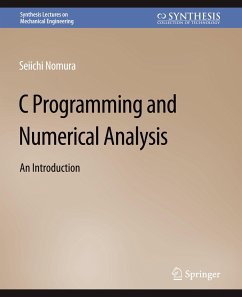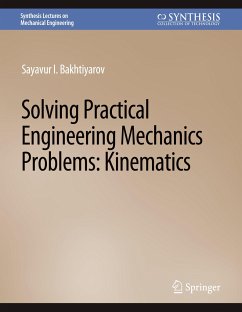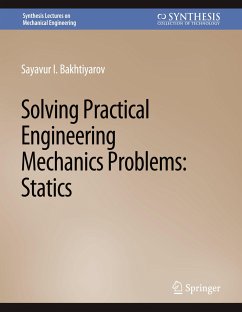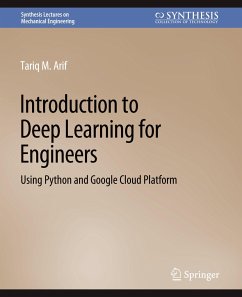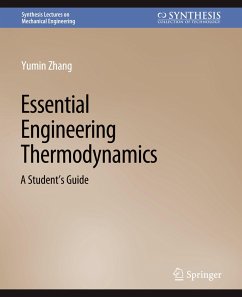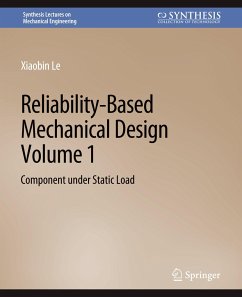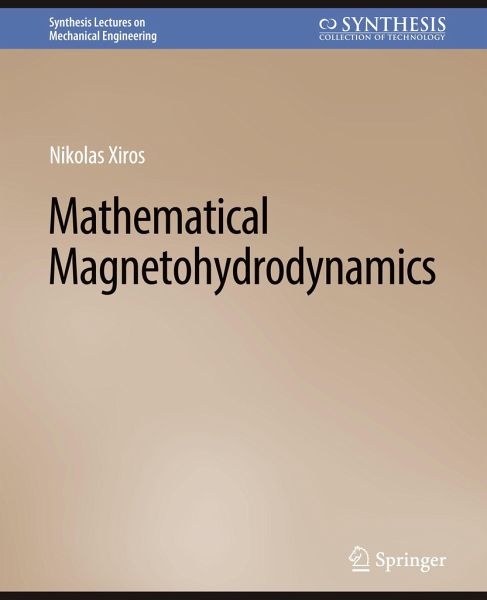
Mathematical Magnetohydrodynamics

PAYBACK Punkte
0 °P sammeln!
Fundamentals of mathematical magnetohydrodynamics (MHD) start with definitions of major variables and parameters in MHD fluids (also known as MHD media) and specifically plasmas encountered in nature as well as in engineering sytems, e.g., metallurgy or thermonuclear fusion power. Then collisions of fluids in such fluids are examined as well as motion of individual particles. Then the basic principles of MHD fluids are introduced along with transport phenomena, medium boundaries, and surface interactions. Then, waves and resonances of all sorts in MHD media are presented. The account concludes...
Fundamentals of mathematical magnetohydrodynamics (MHD) start with definitions of major variables and parameters in MHD fluids (also known as MHD media) and specifically plasmas encountered in nature as well as in engineering sytems, e.g., metallurgy or thermonuclear fusion power. Then collisions of fluids in such fluids are examined as well as motion of individual particles. Then the basic principles of MHD fluids are introduced along with transport phenomena, medium boundaries, and surface interactions. Then, waves and resonances of all sorts in MHD media are presented. The account concludes with the description of main MHD fluid types including plasma in fusion power generation.



